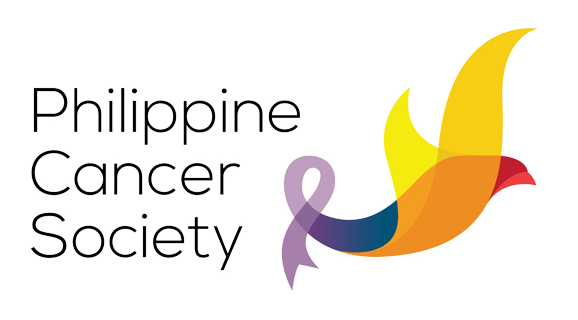PCS first went into Tumor Registry via the Central Tumor Registry of the Philippines (CTRP) established on 22 July 1968. Later in 1984, the PCS Subcommittee on Cancer Registry re-directed the CTRP into a population-based registry, providing statistics of incidence and prevalence of cancer for a geographically-defined area. It was admitted as an associate member of the International Association of Cancer Registries (IACR).
Under Ministry Circular No. 126-A, s. 1983, the Minister of Health enjoined PCS support for the Tumor Registry of the Community Cancer Control Program of the province of Rizal.
The PCS Manila Cancer Registry (PCS-MCR) has been providing population-based statistics on the Philippine cancer situation for more than 25 years. The PCS-MCR collects, collates, summarizes and analyzes data from four cities in the National Capital Region (Manila, Quezon City, Pasay City and Caloocan City). This information provide hard baseline data for guidance on public health policy and program planning and which serve as benchmarks for monitoring and evaluating programs on cancer prevention, detection and control. Dr. Max Parkin of WHO-IARC upgraded the PCS Manila Cancer Registry and the DOH Rizal Cancer Registry with Dr. Adriano Laudico and Dr. Divina Esteban. DOH Rizal Cancer Registry covers the other Municipalities-turned-Cities of Metro Manila.

These registries submit data to the World Health Organization’s International Agency for Research on Cancer (WHO-IACR) for inclusion in the publication, “Cancer Incidence in Five Continents,” after passing stringent standards on quality and validity. This international effort, in collaboration with the International Association of Cancer Registries (IARC), presents its information based on 12 million cancer cases from 300 populations in 60 countries around the world which represents a total of 11% of the world population. http://globocan.iarc.fr/Default.aspx.
In 1992, the PCS-MCR data was included in Cancer Incidence in Five Continents Vol. VI (1983 to 1987 data) . It is only the second population-based cancer registry to meet the stringent requirements for inclusion in this prestigious book published by the International Agency for Research on Cancer (IARC). In 1998, the IARC published Cancer Incidence in Five Continents, Vol. VII, including data from the PCS-MCR for the years 1988 to1992. The PCS published the 1998 Philippine Cancer Facts and Estimates. Moreover, data from the PCS-MCR and the Rizal Registries for the period 1983 to 1992 were published in IARC’s International Incidence of Childhood Cancer, Vol. 2. In 2002, The PCS-MCR completed collection of data of cancer deaths for 2001 from the Civil Registrars of the cities of Manila, Quezon, Pasay, and Caloocan.




The IARC publication Cancer Incidence in Five Continents, Vol. VIII, included data from the PCS-MCR for the period 1993 to 1997; the third time that PCS-MCR data was included in the IARC. Also, the PCS-MCR participated in a descriptive study on treatment patterns based on stage of diagnosis for breast cancer conducted by the IARC. The PCS-MCR abstract entitled Reduction of DCO Cases Through Active Followback was published in the Asia Pacific Journal of Cancer Prevention, Vol. 3. It was awarded the Best Poster in the 2001 Annual Meeting of the IACR. In 2003, PCS completed and published Cancer in the Philippines, Vol. III. In 2004, The PCS-MCR, DOH-Rizal Medical Center and the University of the Philippines released the publication 2005 Cancer Facts and Estimates. In 2010, the Philippine Cancer Facts and Estimates was published. In 2011, International Association of Cancer Registries (IACR) past President Dr. Max Parkin assessed and updated the PCS-Manila Cancer Registry, DOH officials and WHO-WPRO of IARC activities and the proposed National Cancer Registry. Also, the PCS-Manila Cancer Registry spearheaded a two-day training course on the International Classification of Diseases for Oncology (ICDO) for its own registry staff and those of Rizal Cancer Registry, E.J. Aboitiz Cancer Center (Cebu), Bacolod Cancer Registry and Davao Cancer Registry. These efforts were also made to upgrade the data output of the provincial cancer registries to international standards.

